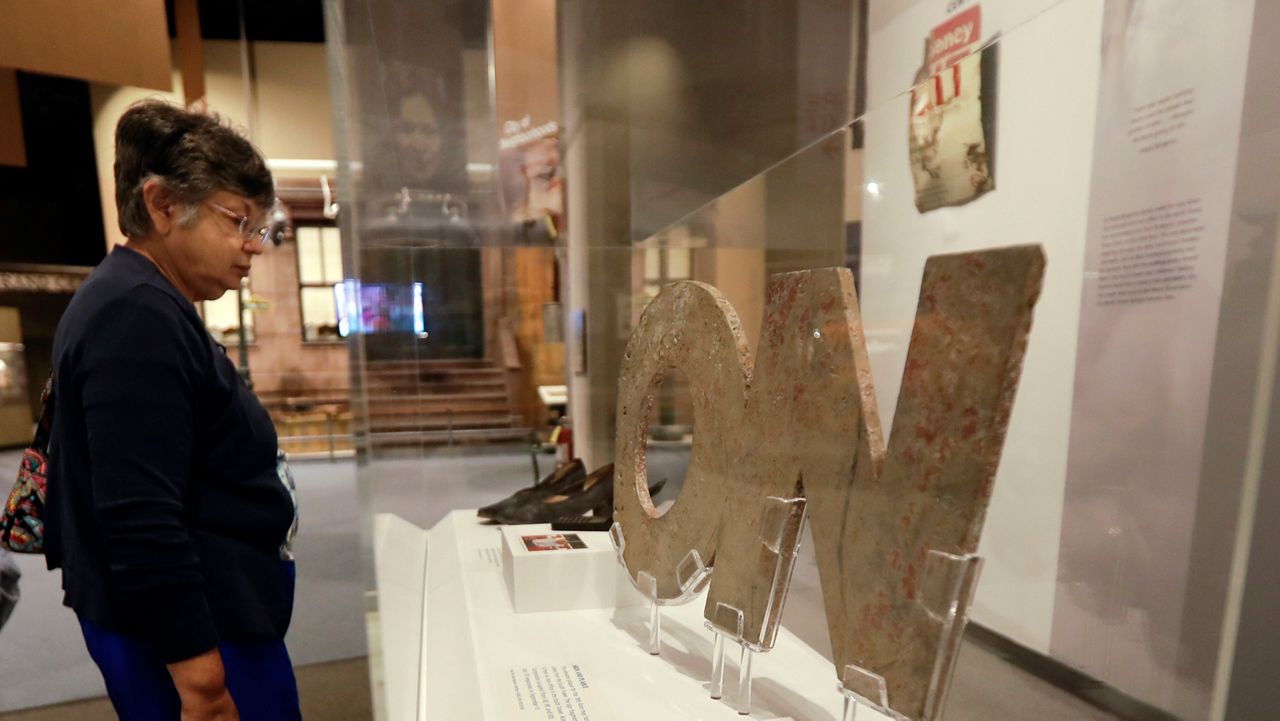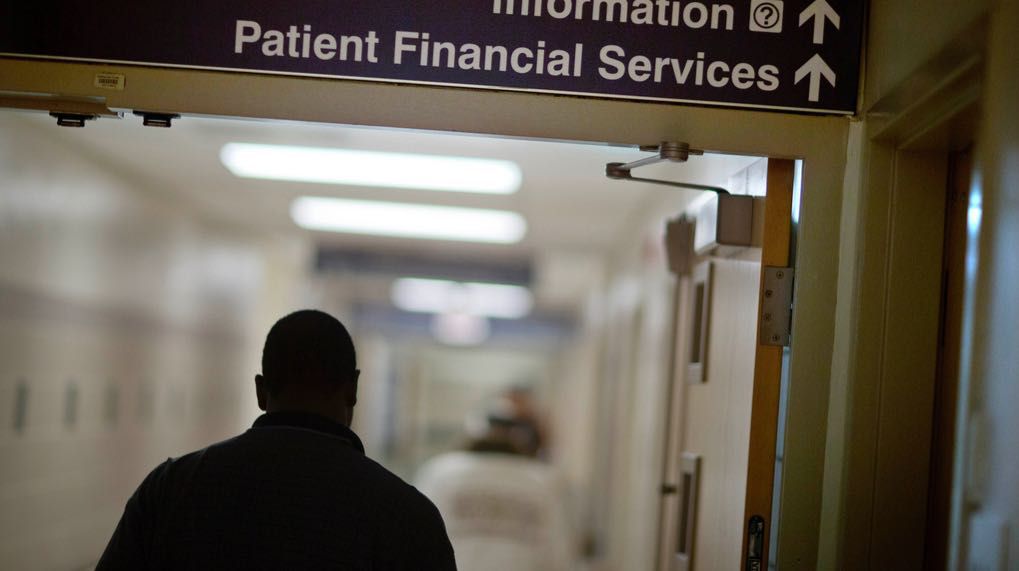In this partisan political environment, it’s rare to hear an elected official admit he’s changed his mind, but New York state Assemblyman Al Taylor acknowledges he did.
“I didn’t want to have that conversation because I had an opinion. It was a strong opinion,” he told Capital Tonight of his opposition to the Medical Aid in Dying Act. “And life shifts.”
For more than three and a half years, Taylor watched his father fight cancer and lose.
“It was selfish on my part. My dad was like, ‘I can’t live like this.' And the first thing I thought was hey, perhaps we need to shuffle the pillows (or) do something encouraging, maybe dessert. Because selfishly, I didn’t want to understand what I was hearing,” he said.
Taylor’s father became more and more insistent that he wanted to die until he passed away in April 2023.
“I know if you could turn that clock back and say hey dad, do you want this choice, he would cash in on that choice,” Taylor said.
Over the past eight years, advocates for the Medical Aid in Dying Act, including those facing terminal diagnoses, have shared stories to help push the bill over the finish line in the Legislature. But the legislation has faced, and continues to face, strong opposition from groups including people with disabilities who argue the law does not do enough to protect them from coercion and exploitation.
Advocates for the bill have pushed back on that assertion.

The current version of the Medical Aid in Dying bill is sponsored by state Assembly Health Committee Chair Amy Paulin and state Senate Judiciary Chair Brad Hoylman-Sigal.
There are laws supporting medical aid in dying in 10 states and the District of Columbia.
According to Jules Netherland, who has a terminal breast cancer diagnosis, and serves as the managing director of research and academic engagement at the Drug Policy Alliance, it’s the most personal choice of one’s life.
“As someone with a terminal illness, I think a lot about what I want, and what I want is a good death,” Netherland told Capital Tonight. “And that means, for me, one where I can be at home with my partner, who I love so deeply, and my friends, and the medical team that has provided care for me.”
In the time they have left, Netherland said they don’t want to be worrying about a bad death.
“I hope to be around for a long time. I have no interest in dying prematurely,” Netherland said. “But when that time comes, I know it’s going to be sad, but I also want it to be beautiful. And this law gives me that option.”










